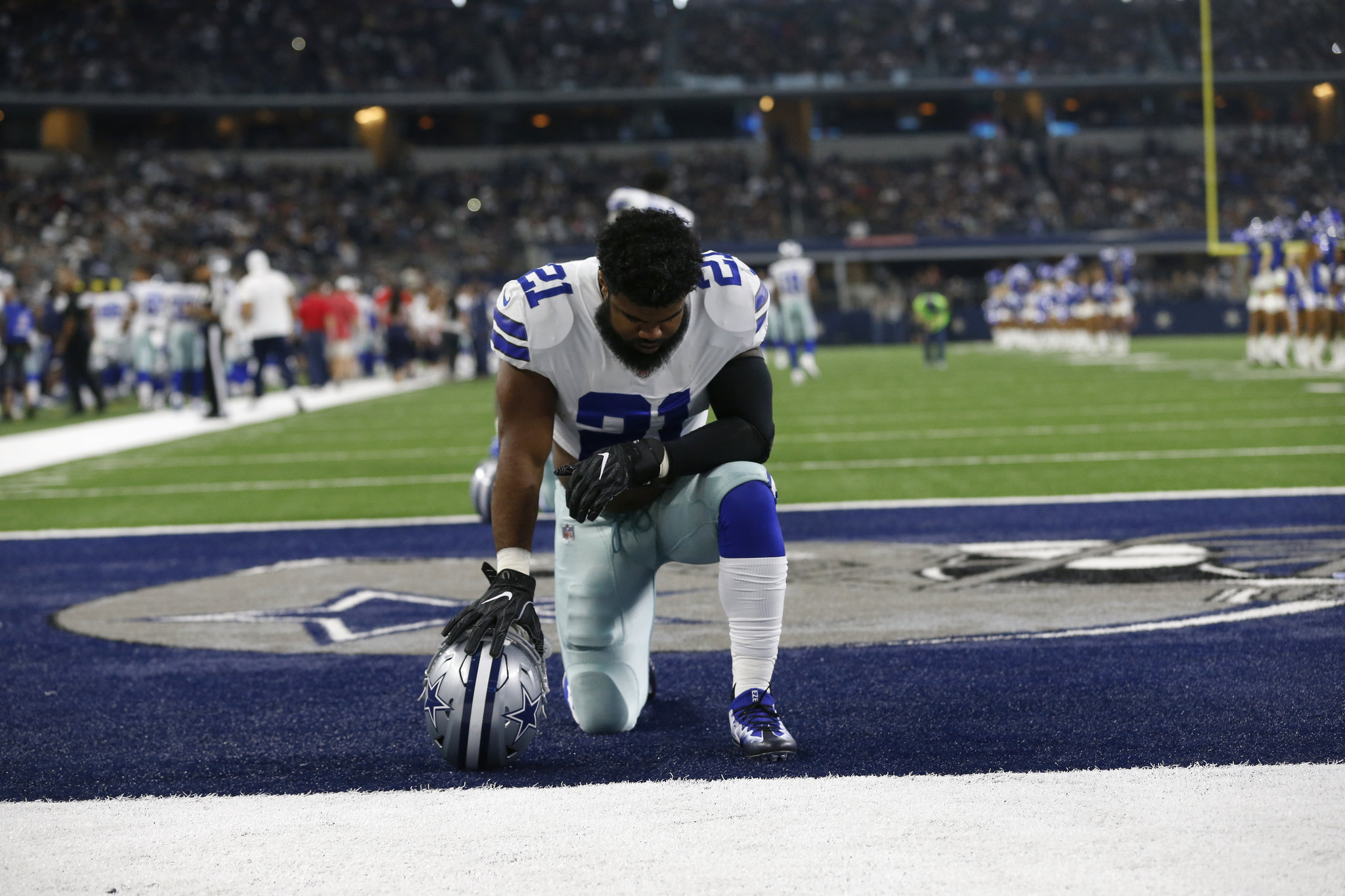
By C. Virginia Fields
While every day that the HIV/AIDS epidemic continues is a state of emergency for the black community, the annual observance of National Black HIV/AIDS Awareness Day(NBHAAD) each February 7 allows us to fully focus on the challenge facing us.
One of this year’s themes, “Young, Gifted, Tested” speaks to the growing impact of HIV/AIDS on young people in our community. Close to one in five new HIV diagnoses in 2014 were in youth 13-24, an age group that account for nearly 40% of gay or bisexual African American males who were diagnosed that year. Even more troubling, diagnoses in young black males skyrocketed by 87% over the prior decade. We can’t be content to stand by while an infection that is very preventable takes hold of a generation of our young and gifted.
So what’s behind this troubling trend? The Centers for Disease Control have identified the following challenges to HIV prevention among young people: inadequate sex education, low rates of testing, low rates of condom usage, substance abuse, and high rates of STDs, particularly in young adults of color ages 20-24. At the National Black Leadership Commission on AIDS, Inc. (NBLCA), of which I am president and CEO, we have also observed a disconnect between messaging about HIV and STD prevention and the young audiences for which they are intended.
Clearly, there are many challenges to address. However, a critical step all of us can take is to demand that our children receive comprehensive sex education in school, including information about HIV transmission and prevention. If 13-year-olds are being infected, as the statistics show, then we can’t wait until they are grown to educate them or leave it up to the streets. Parents have a vital role to play (more about that shortly) but all too often they don’t have all of the facts about HIV themselves.
One can argue that a lack of public will is also to blame. We have the power to change that by advocating for our children’s education and health. For parents, that means finding out what their children are being taught about HIV prevention in the classroom. It means showing up and even participating in school boards, health committees and other groups where decisions are being made about curriculum and funding. If parents still feel their children aren’t being adequately educated about HIV prevention, they can turn to community health care providers, as well as advocacy groups like NBLCA, for supplementary information.
Stemming the tide of HIV infection in youth is an important step in ending the epidemic, especially in African Americans who comprise 45% of people diagnosed with HIV despite being only 13% of the population. Learn more about NBHAAD, find a testing site near youand commit to preserving a young and gifted generation.
C. Virginia Fields, MSW is the president and CEO of the National Black Leadership Commission on AIDS, Inc. and a member of New York State’s Ending the Epidemic Task Force.









